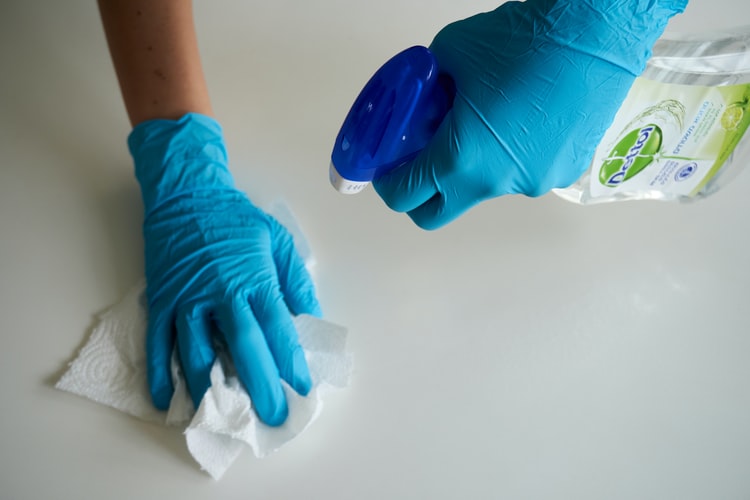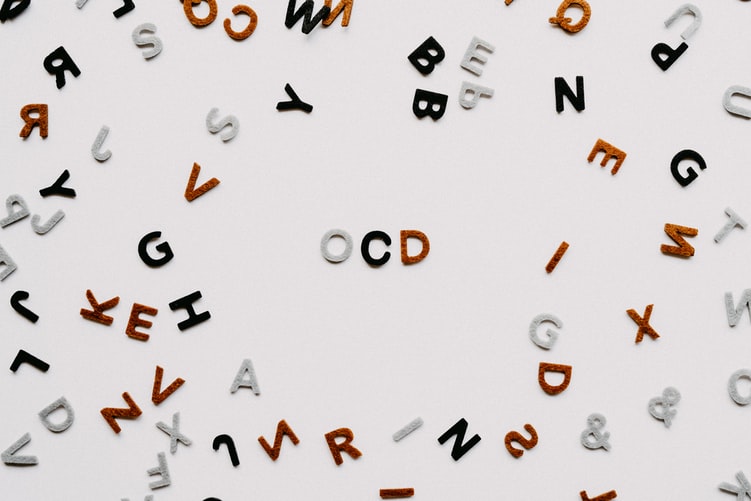Contrary to unpopular belief, there is no shame in having a mental illness. The only shame involved is when you do nothing about it. Boosting your own mental health is an important skill, but that doesn’t mean you’ll never need help. So, don’t let too much time pass you by if you think you have depression, anxiety, PTSD, bipolar disorder, or even OCD.
What is OCD?

OCD stands for obsessive-compulsive disorder, and it’s not as rare as you think. In fact, nearly 1.2% of the United States population is diagnosed with some form of it, with severities ranging from very slight to extremely severe. Most people experience the onset of symptoms by age 19. However, about 25% of people with the condition begin suffering at or before puberty.
Obsessive-compulsive disorder can cause major disruptions in a person’s life if it’s left untreated. The condition is generally associated with repetitive behaviors, irrational fears, and uncontrollable impulses – each of which may compel a person to think or act in risky ways. Meanwhile, finding out if you or someone you know is suffering doesn’t have to be hard. Go to Mind Diagnostics for a free self-evaluation to get the ball rolling.
7 signs you may have obsessive-compulsive disorder-
Even with the best at-home questionnaire, you may still be wondering whether you have OCD or not. And while the condition affects every person in a unique way, there are at least seven ways to tell there’s a problem:
#1. You have an almost constant urge to clean:

If you can’t stand dirty things a little bit more than the average person, that doesn’t necessarily mean you have OCD. But if you get extremely bothered and/or can’t continue with other tasks until the mess is cleaned up, that may be a major red flag.
#2. You’re preoccupied with safety and security:
Everyone wants to play it safe because nobody likes to get hurt or suffer avoidable loss. However, people with OCD often check, double-check, and even triple-check locks, latches, and instructions before moving on to something else.
#3. You hoard items or money compulsively:
Out of fear that you might run out of certain items or resources, you pack away as much as you can for a rainy day that might never come. As a result, you may go without essentials or become obsessed with checking your wallet and bank accounts.
#4. You’ll repeat yourself often, even if it’s not necessary:
People with diagnosable obsessive-compulsive disorder may find themselves repeating directions, orders, names, and other information more than a few times upon hearing it. This may even take the form of writing notes or reading the same words repeatedly.
#5. Your thoughts are very difficult to control:
Intrusive and often disturbing thoughts may creep into your mind at the most inopportune times. And while having a vivid imagination isn’t a sign of OCD, the lack of control over certain thoughts can be. This is especially true if your imagination causes you distress.
#6. You feel depressed or anxious much of the time:

Because of the mental torture that this condition can put somebody through, feeling happy or relaxed is usually out of the question. Plus, learning about the existence of a mental illness can cause other OCD symptoms to flare up or become even worse.
#7. You’re repulsed by certain foods or drinks:
In an effort to protect your health from the unseen and unclean, you frequently avoid certain foods or even whole food groups. This isn’t always a problem, however. It’s not until the compulsion begins to negatively affect your health that it’s cause for concern.
Keep in mind that you still need to see a licensed mental health professional to get a clinical diagnosis for OCD. Self-evaluation is only the first step, and recognizing the signs isn’t always enough to make the symptoms stop. So, seek counseling to learn better coping strategies and to get the personalized treatment you deserve.
The verdict:
Obsessive-compulsive disorder, or OCD, affects millions of people in the United States alone. That means you don’t have to be ashamed of your condition, nor do you have to live with it forever. If you or someone you know is suspected of suffering from an undiagnosed mental illness, reach out to a licensed therapist as soon as you can to prevent the symptoms from becoming worse.
Read Also:




























